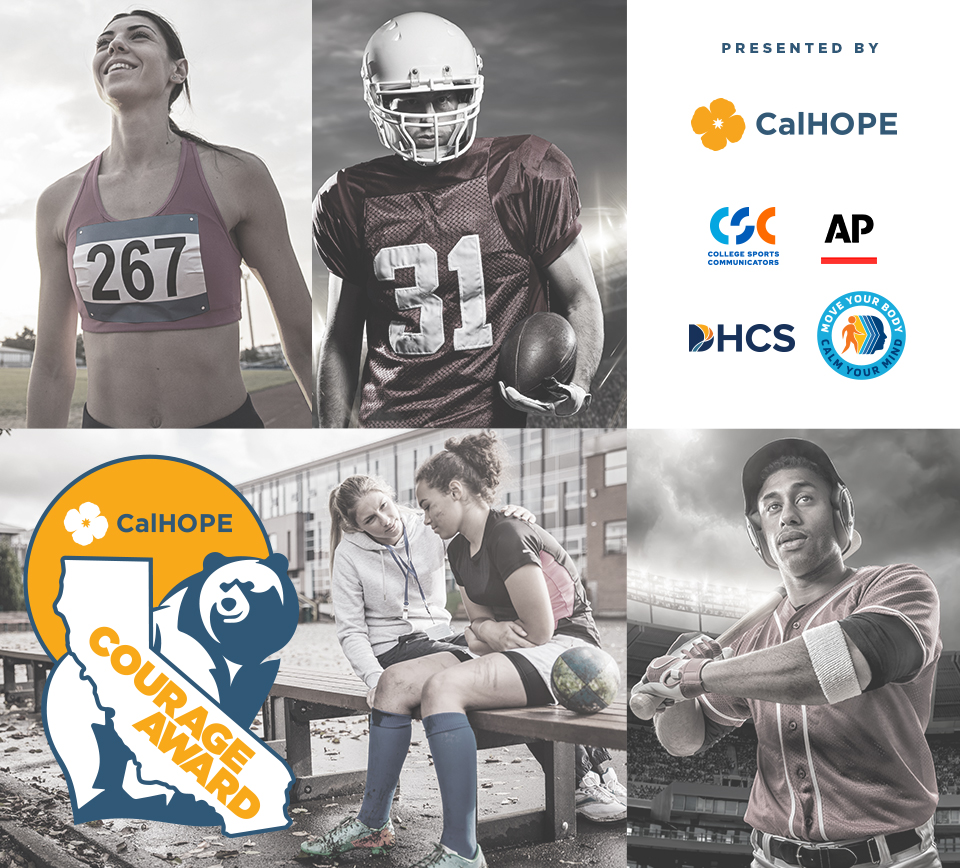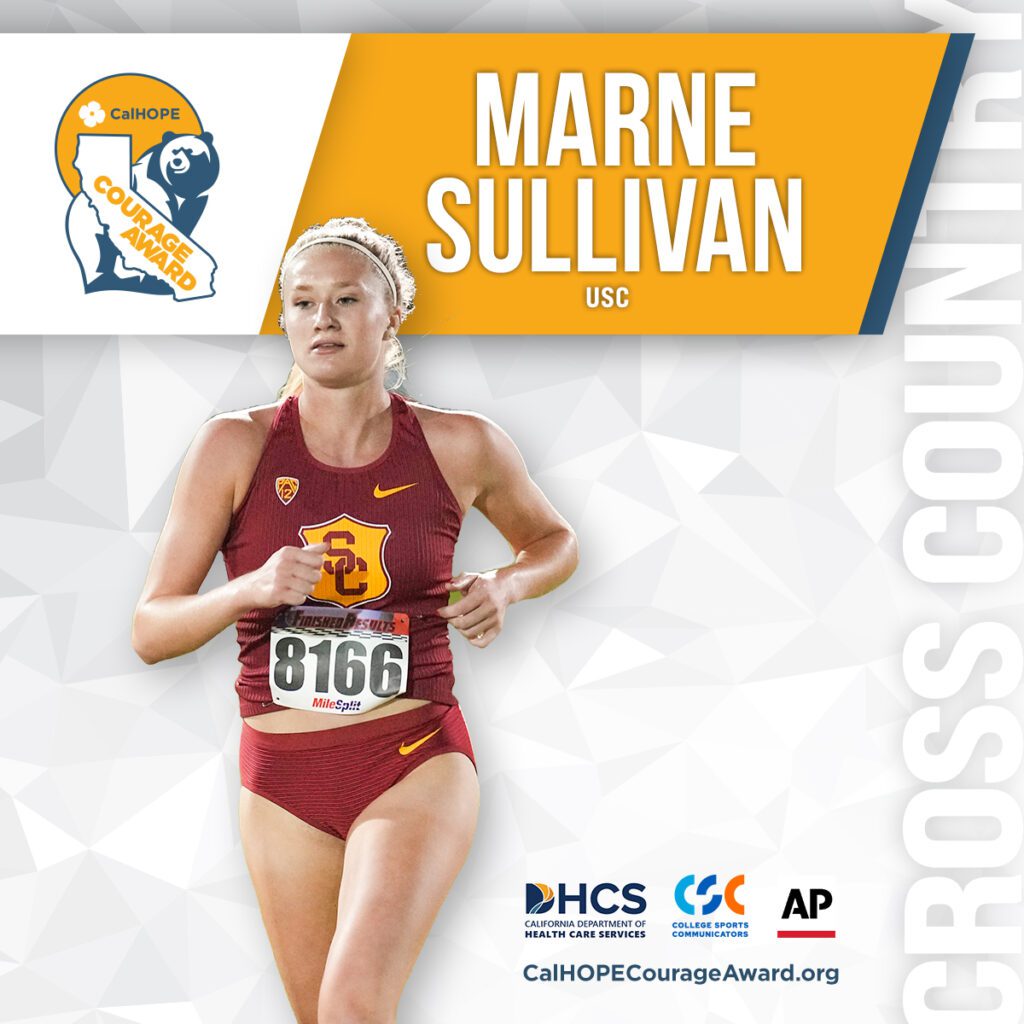From early childhood growing up in Wilmette, Illinois, Marne Sullivan faced challenges that set her apart from her peers. Born deaf, she received a cochlear implant at age 3 and then spent hours in speech therapy, at audiologist appointments, and with multiple hearing specialists. She initially attended an all-deaf school before transitioning to a public school with an early intervention program that provided a critical foundation of listening and spoken language skills, including speech and language development, listening, and developmental play skills.
Navigating through elementary, middle, and high school, Marne tried to blend in, never allowing her cochlear implant to define her. On the track, she was a four-time All-State runner, earning seven medals at the Illinois State Meet.
Her transition to Boston College brought on new challenges as the unfamiliar environment made it difficult for her to maintain a sense of normalcy. Recognizing a lack of awareness and understanding regarding accessibility, she became a leader and advocate for change. Through storytelling, social media, marketing, and public relations, she has raised awareness and fostered open conversations about disabilities. She founded and led the non-visible/visible disability subcommittee to destigmatize student-athletes with disabilities within Eagles for Equality, a diversity, equity, and inclusion student-athlete committee. At USC, she continues her advocacy efforts, partnering with brands for Deaf Awareness Month and beyond.
At Boston College, she earned All-Atlantic Coast Conference academic honors three times while competing in the 800m/1500m distance medley relay (DMR) and 4x400m relay. At USC, she competes in the 800m and 1500m, with her best performance as a Trojan coming when she broke the indoor 800m school record and indoor DMR school record.
“Growing up, I never saw any deaf athletes or runners and realized we need more deaf role models and deaf sportspeople,” said Marne. “I face many challenges on and off the track, and being as honest and open as I can, I hope to motivate others to change negatives to positives. Growing up, I was taught to self-advocate, especially in the classroom, but it’s important to self-advocate for our mental health, too. Once we realize we can adapt to adversity, there’s no barrier that can stand in our way.”


